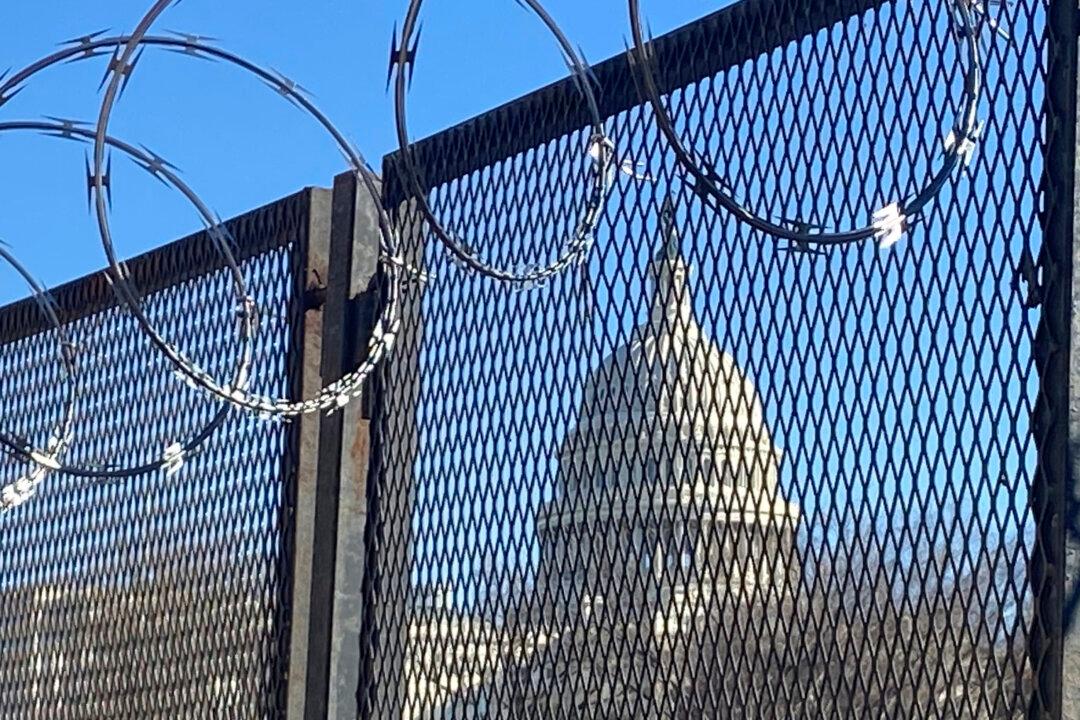The former chief of the Capitol Police on Tuesday blamed a breakdown in intelligence ahead of the Jan. 6 breach of the U.S. Capitol.
“I think in exigent circumstances there needs to be a streamlined process for the Capitol police chief, for Capitol Police, to have authority,” former Chief Steven Sund told senators during a hearing about the incident.





